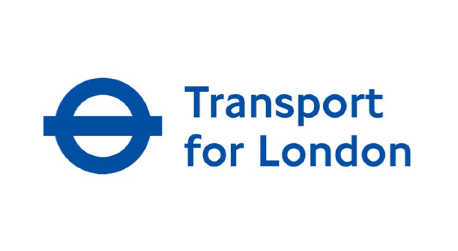A fresh surge of dislocation has been hardly avoided as Transport for London( TfL) and the RMT union have struck a new pay deal for Tube workers, ending fears of further strike chaos across the capital.
After weeks of tense negotiations, the RMT confirmed that a three-year agreement has been reached. The deal includes “fatigue-friendly” rosters, further talks on staff travel, and a “consistent” Boxing Day payment of £400, ensuring staff are compensated fairly for working during the festive period.
The new deal will see a 3.4 pay rise for workers, effective from 1 April 2025, followed by a guaranteed 3 increase in the alternate time and 2.5 in the third.
This comes just months after Londoners endured five days of crippling Tube strikes in September, action that brought much of the Underground network to a standstill.
The RMT said the breakthrough shows the power of collective action. RMT general secretary Eddie Dempsey stated: “This deal is a clear demonstration of the effectiveness of strike action and strong negotiation by our members.”
The agreement, seen as a significant step forward, is anticipated to restore stability across London’s transport network after months of uncertainty.
While TfL has yet to release a sanctioned statement, the deal signals relief for millions of commuters who depend on the Underground daily.
Interposers suggest the addition of fatigue-friendly rostering could mark a turning point in how shift patterns are structured, aiming to ameliorate work-life balance for thousands of Tube staff.
With negotiations now concluded, the RMT’s decision to hold off on further industrial action offers a rare moment of calm for London’s public transport system.
The move also follows TfL’s broader plans to ease severe congestion in areas such as South London’s Putney, reflecting a wider effort to improve commuter flow across the city’s network.
The deal reflects a growing recognition between TfL and trade unions that fair pay and better conditions are key to keeping the network running smoothly, and the capital moving.






